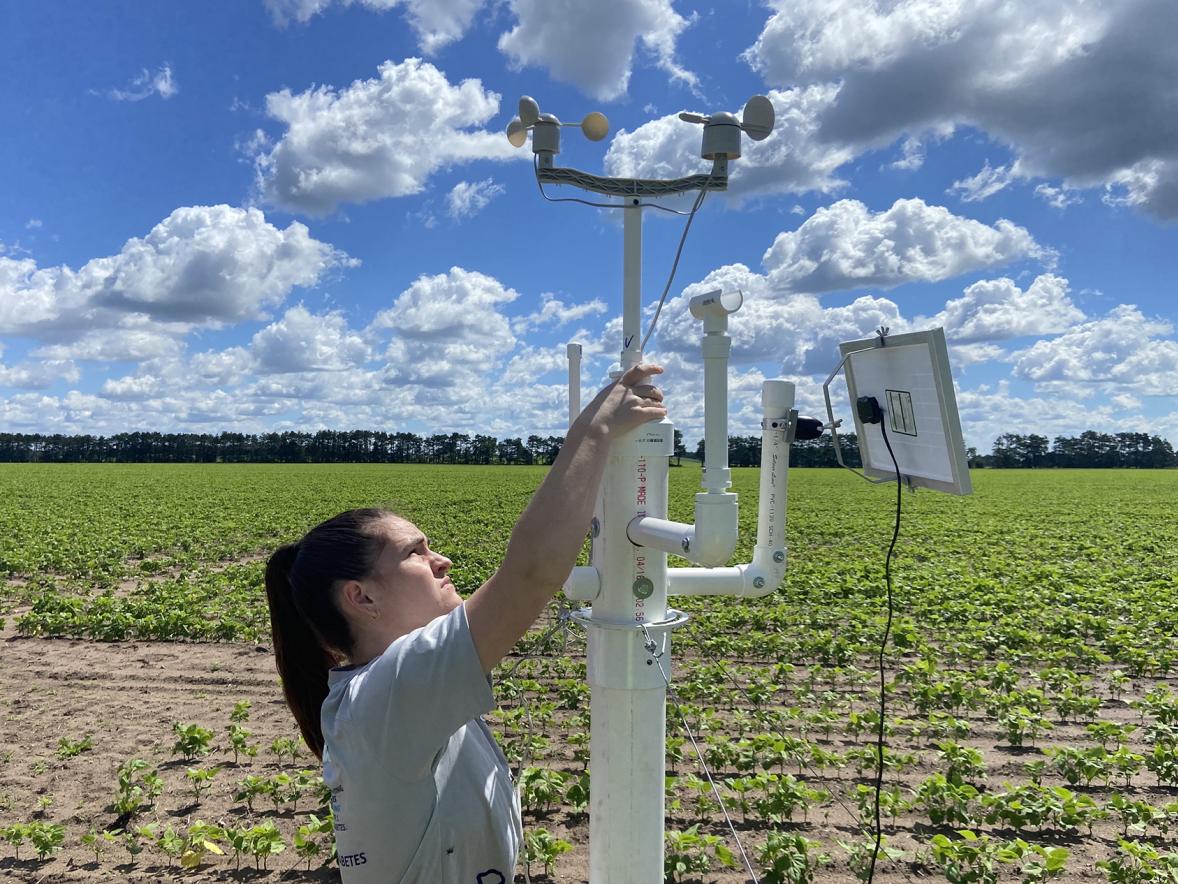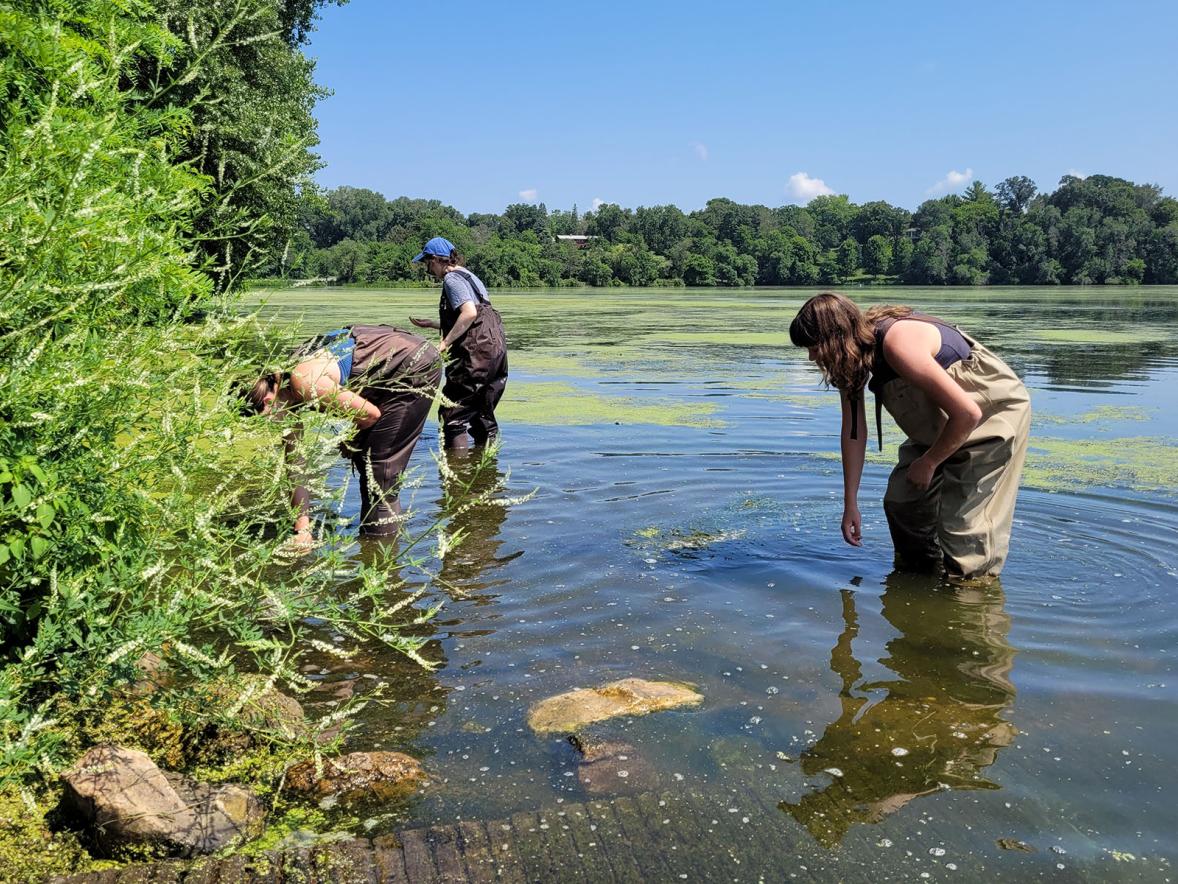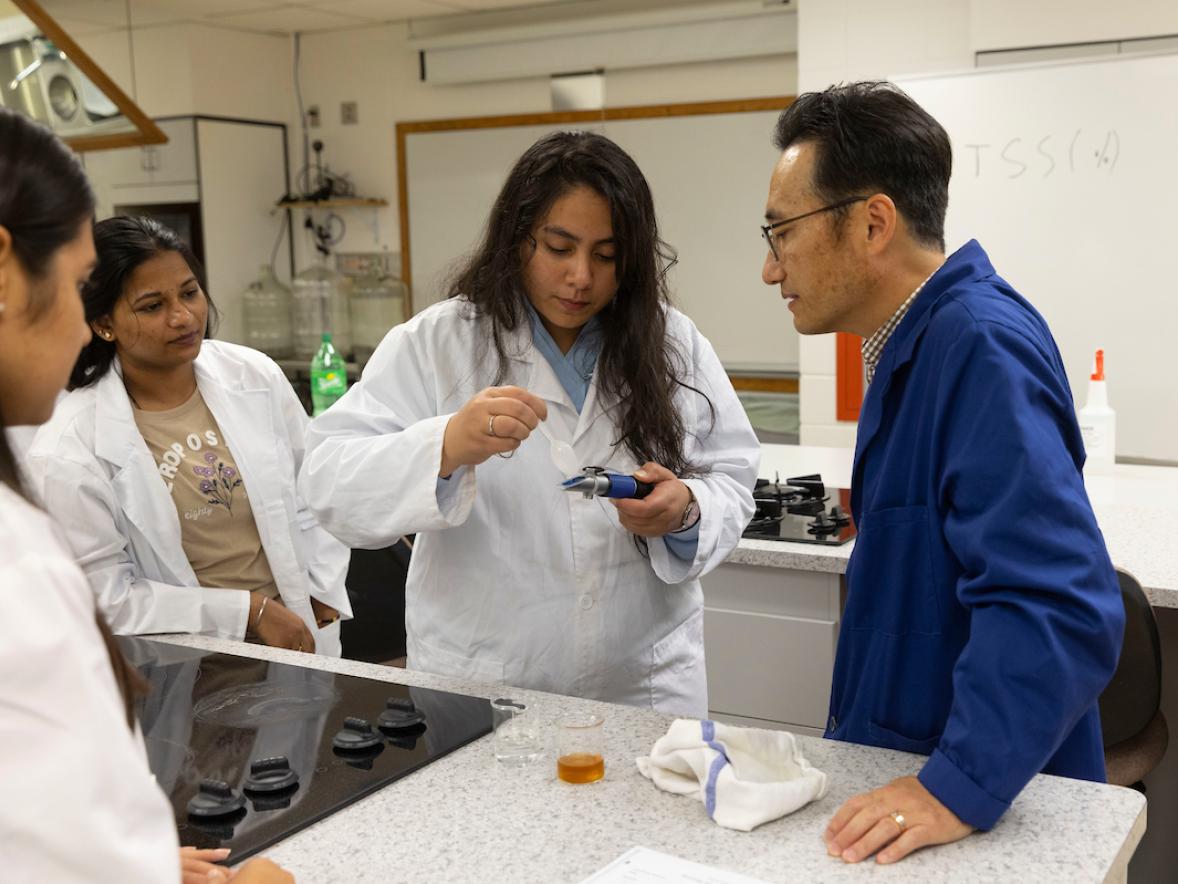Since 1987, UW-Stout has awarded faculty for their outstanding research, nominated by a review committee of their peers.
The Outstanding Researcher honors for leadership and significant contributions to research and scholarly activities are awarded by the Office of Research and Sponsored Programs, on behalf of the Provost's Office and the committee.
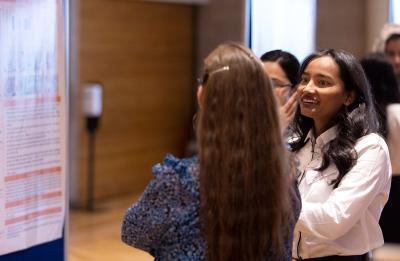
On Research Day, May 3, Associate Professor Cayte Anderson, counseling, rehabilitation and human services department, was named the Senior Outstanding Researcher; and Associate Professor Zach Raff, social science department, was named the Emerging Outstanding Researcher.
The senior researcher award recognizes individuals who have been at UW-Stout for seven or more years. And the emerging researcher award recognizes those who have been with the university for six years or fewer.
Three outstanding student researchers, one from each academic college, also were named.
Paving new pathways for impactful work
Anderson and Raff are honored to be recognized by the UW-Stout community and to have their research supported and valued, they said.
Anderson has been engaged in research and development in rehabilitation counseling since 2000 and enjoys collaborating with diverse teams, including engaging students in the research process.

“Early in my career as a rehabilitation counselor, I had the opportunity to work on state-level teams conducting research to inform policy and systems change in the areas of disability, employment and health,” she said.
“Through this experience, I learned that my curiosity and interest in learning how to improve rehabilitation counseling practice and systems, in close collaboration with individuals with disabilities, was the direction I wanted my career to take.”
Her research focuses on better understanding and improving socioeconomic opportunities for individuals with disabilities through the development and use of evidence-based practices. Her emphasis is on youth and families, competitive integrated employment, career pathways and financial empowerment.
Anderson believes contributing to evidence-based research to inform improvements in policy, service delivery, funding and employment outcomes for individuals with disabilities and their families is critical.
“Bridging the gap between research and practice is also key and fits well with the polytechnic model of our campus,” she added. “I look forward to fostering and implementing research efforts with colleagues and students for many years to come.”
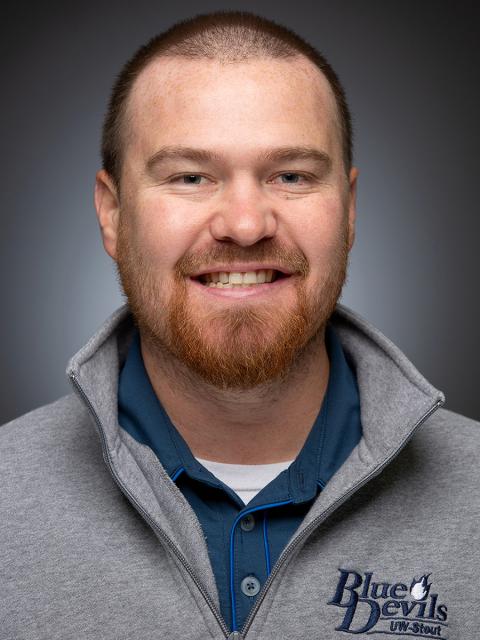
Raff’s research is in environmental and natural resource economics. It examines the political economy; the benefits and costs of land use decisions and regulatory policy; and the environmental impacts of land use decisions.
Having worked with the Environmental Protection Agency, Raff’s questions focus on relevant policies and what is important for the public.
“My field is economics, and the primary purpose of my work is to recommend better paths forward that lead to the efficient allocation of resources in society,” he explained.
“My current body of work consists of projects that examine the role that politics plays in the implementation of environmental policy and the welfare consequences of different environmental policy tools. In essence, my work strives to establish optimal policy that maximizes social net benefits.
“I hope that the outstanding researcher award paves new pathways to continue to perform impactful work.”
Outstanding Undergraduate Researchers
Each college also nominates an undergraduate for exceptional accomplishments in student research and scholarly activities and impact on the university. This year, the winners are:
- Simon Anderson, a senior video production student from River Falls, representing the College of Arts, Communication, Humanities and Social Sciences
- Jacob Gasner, a senior applied science student from Medford, Minn., representing the College of Science, Technology, Engineering, Mathematics and Management
- Caitlyn Lisota, a second-year food science and technology student from Mukwonago, representing the College of Education, Hospitality, Health and Human Sciences.
Honorable mentions were awarded to Devin Leary, a senior in video production from Tomah, CACHSS; and Abby Cullen, an environmental science junior from Menomonie, CSTEMM.
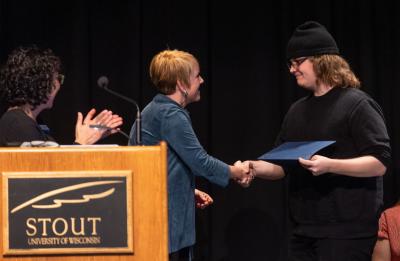
Simon Anderson
Anderson loves to watch movies and wanted to make his own, especially in the horror genre.
He was awarded for his research in independent filmmaking and video skills, creating short films and client work.
“I hope it advances my skills in filmmaking and videography; to know how to approach storytelling in a film manner; and to really learn how to listen to client needs,” he said. “It feels amazing to be recognized in this manner. I think it's great that my creative endeavors have amounted to this award.”
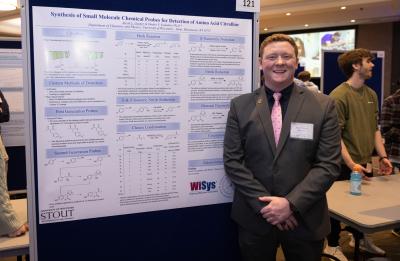
Jacob Gasner
Gasner has a concentration in biology and is in the pre-medicine pathway within the applied science major.
He was awarded for his research “Second-Generation Synthesis of a Small Molecule Probes for the Detection of the Amino Acid Citrulline.”
He was inspired working with Program Director Dmitry Kadnikov and observing the presence of a high concentration of citrulline within people suffering from rheumatoid arthritis, multiple sclerosis and other autoimmune diseases, he explained.
“I hope the work I have put forth through my research has the ability to assist in the development of a cheap, effective and specific chemical probe to aid in the in-vitro diagnosis of autoimmune diseases,” he said.
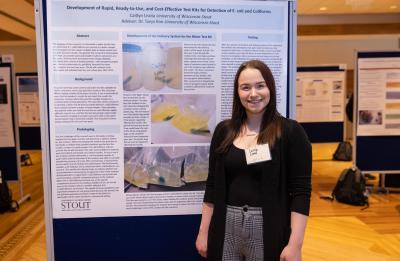
Caitlyn Lisota
When looking at available water test kits for the detection of E. coli/Coliforms, Lisota found many negative reviews about the kits being difficult to use or that the results were not accurate.
So, she set out to develop a water test kit that was rapid, ready-to-use, reliable and affordable.
“Since E.coli/Coliforms contamination of water can be dangerous to people’s health, it is important that the results from a water test kit are accurate and easy to understand,” she said.
Her goal was to formulate a new culture media that could be incorporated into a water test kit to effectively detect even small numbers of E.coli/Coliforms cells to ensure users that their water is safe for consumption.
“The culture media that was developed can accurately detect E.coli/Coliforms, so this media could potentially be used to help determine if E.coli/Coliforms are present in food as well,” Lisota added.
“I feel honored that the research that I have been working on for the past two years has helped me be recognized as an outstanding researcher.”





